Biblical Feasts: Pesach (Passover)—Liberation
“The blood will be a sign for you on the houses where you are, and when I see the blood, I will pass over you. No destructive plague will touch you when I strike Egypt.”—Exodus 12:13 NIV
Passover, or Pesach, is the first of the seven biblical feasts given in Leviticus 23. More than a holiday, it is a living story — a remembrance of liberation, a ritual of belonging, and a yearly invitation to step once again into the mystery of God's saving Presence.
In Jewish tradition, Passover recalls the Exodus: God's deliverance of Israel from slavery in Egypt. It is the story of the lamb's blood painted on the doorposts, of the angel of death passing over the homes of God's people, of a hasty departure under the cover of night. It is the story of bread baked without leaven, eaten in urgency because freedom could not wait.
But Passover is more than memory. Each year, it draws the community back into the story, not as spectators but as participants. The Haggadah, the text read at the Passover table, reminds the people: "In every generation, one is obligated to see oneself as if he or she came out of Egypt." Liberation is not past tense — it is present tense.
Liberation Remembered
Exodus 12 tells the story of that first night: the lamb chosen, the blood smeared on the lintels, the bitter herbs tasted, the unleavened bread baked. Every detail mattered, not because of ritual alone, but because each element spoke of the God who saves, the God who delivers, the God who hears the cries of the oppressed.
"I am the Lord. I will bring you out from under the burdens of the Egyptians, and I will deliver you from slavery. I will redeem you with an outstretched arm and with great acts of judgment" (Exodus 6:6).
For Israel, Passover is the moment identity was reborn. No longer enslaved people, they became a people defined by covenant. Passover is their origin story — a reminder that their God is a God of liberation.
The Mystical Reading
Through a Christian mystical lens, Passover is not only a story of what God did, but of what God is always doing. Liberation is not confined to a moment in history — it is the eternal rhythm of God's work in the soul.
The mystics often spoke of Egypt as a metaphor: not merely a place, but a state of being. Egypt (Mitzrayim in Hebrew) literally means "narrow place." It is the bondage of fear, ego, illusion, or despair. Each of us knows this Egypt intimately — the constrictions that bind us, the places where we feel enslaved.
Passover, then, is the feast of release. It is the recognition that God is continually calling us out of narrowness into spaciousness, out of bondage into freedom. Liberation is not just external, but also internal. As the Psalmist sings: "Out of my distress I called on the Lord; the Lord answered me and set me in a broad place" (Psalm 118:5).
Mystically, Christ is not only the lamb sacrificed "once for all" (Hebrews 10:10), but the eternal Presence leading us out of Egypt in every generation. Liberation is not transactional; it is transformational. It is the unveiling of our true identity — that we are, and have always been, God's beloved.
Nondual Freedom
Western Christianity often frames salvation in dualistic terms: saved vs. unsaved, in vs. out, worthy vs. unworthy. But the mystics saw something deeper. Liberation is not about escaping Egypt "out there," but about awakening to God's Presence "right here."
Richard Rohr writes, "We cannot attain the Presence of God because we're already in the Presence of God. What's absent is awareness."
Passover, then, is al of awareness. The blood on the doorpost, the breaking of bread, the tasting of bitterness — all are practices that wake us up to the truth: we are already free in God. What binds us is illusion, and what frees us is remembrance.
The Table of Freedom
The Jewish Passover meal is a liturgy of story and taste. Bitter herbs recall the bitterness of slavery. Salt water recalls the tears shed in Egypt. Unleavened bread recalls the urgency of departure. The lamb recalls the God who saves. Each taste is a sacrament of memory and awakening.
For Christians, the Eucharist echoes this meal — a table of remembrance, a table of Presence. Not a one-time sacrifice to appease God, but a perpetual feast of union, in which Christ invites us again and again to taste freedom.
As Jesus said at the Passover meal with his disciples: "Do this in remembrance of me" (Luke 22:19). The Greek word for remembrance, anamnesis, is not just recalling the past but making present the eternal. In every generation, we eat and drink as those being led out of Egypt, here and now.
Reflection Questions
What is your "Egypt" in this season — the narrow place from which God is calling you out?
How do you experience God's liberation not as a past event but as a present reality?
What practices help you remember — not with your mind only, but with your body and soul — that you are already free in God?
How might your meals, your prayers, or your rituals become a Passover table, a place of remembrance and awakening?
Passover begins the cycle with liberation. But freedom is not enough on its own. Once liberated, the people are invited to purify — to clear away what is false and inflated. This leads us into the second annual feast: the Feast of Unleavened Bread.

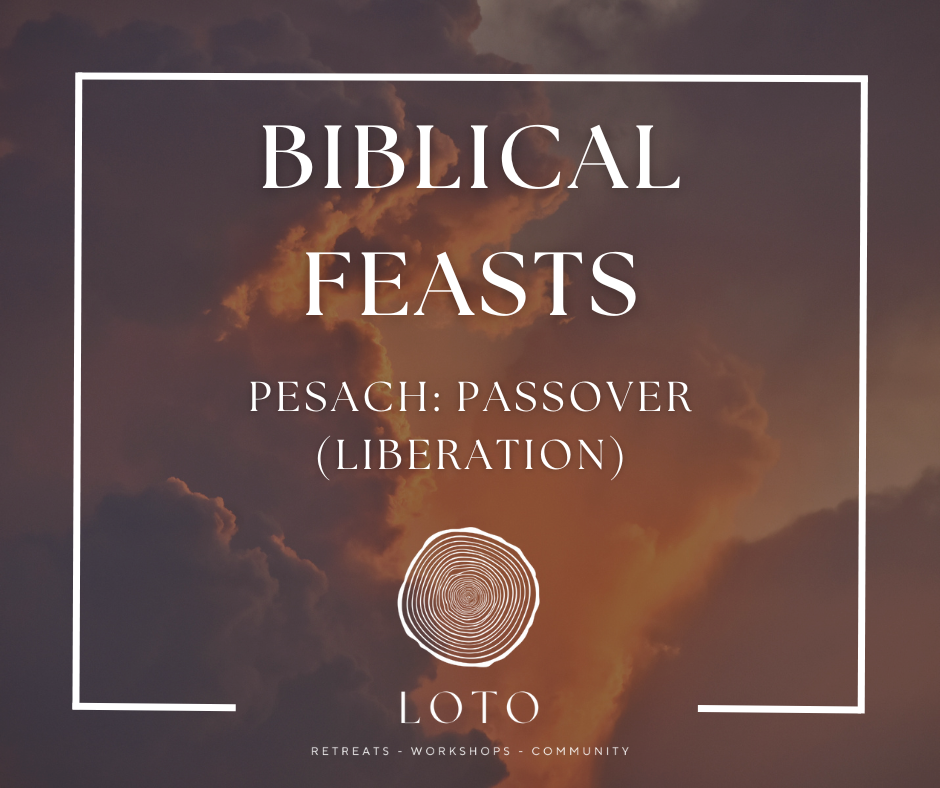

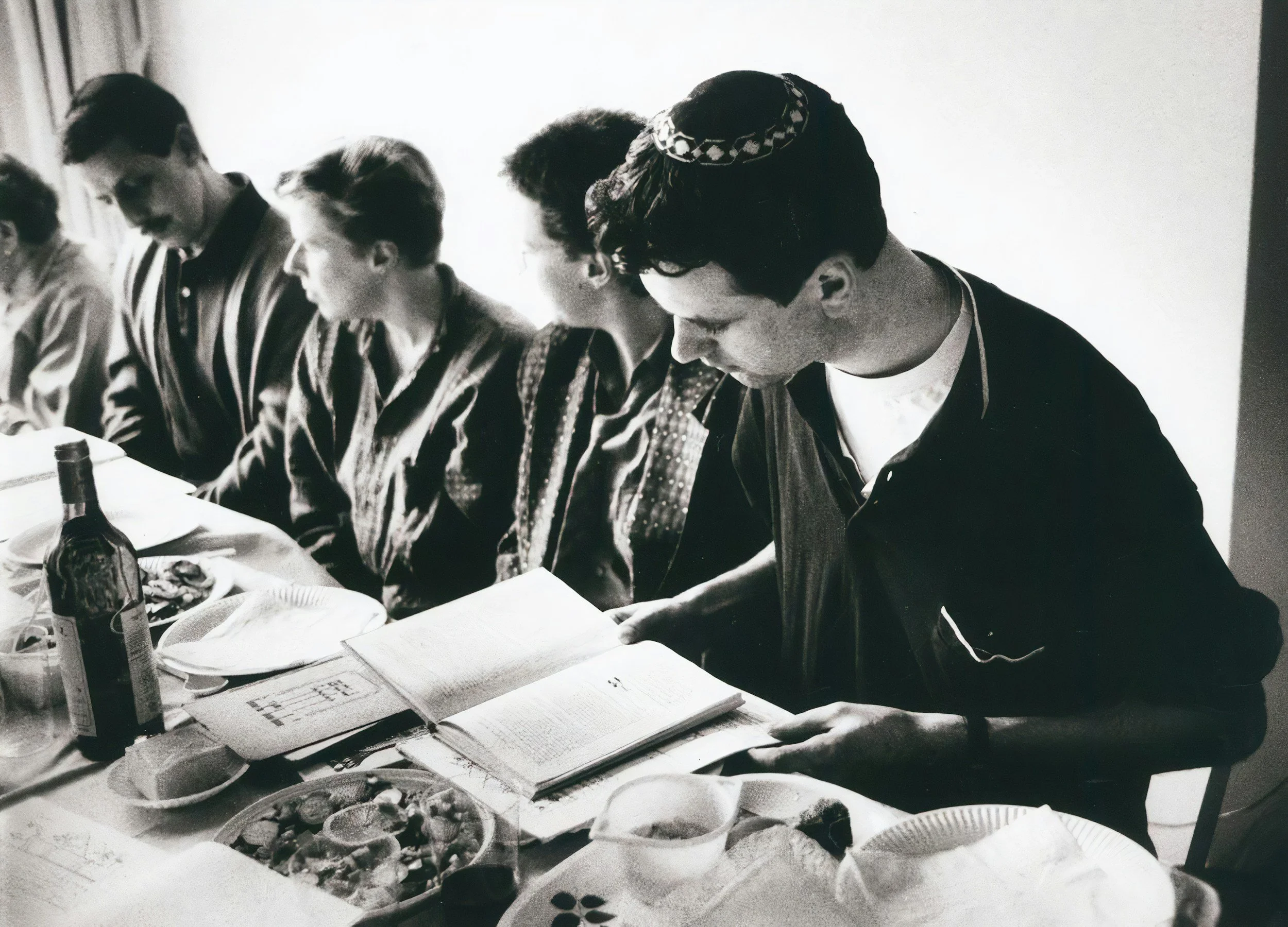
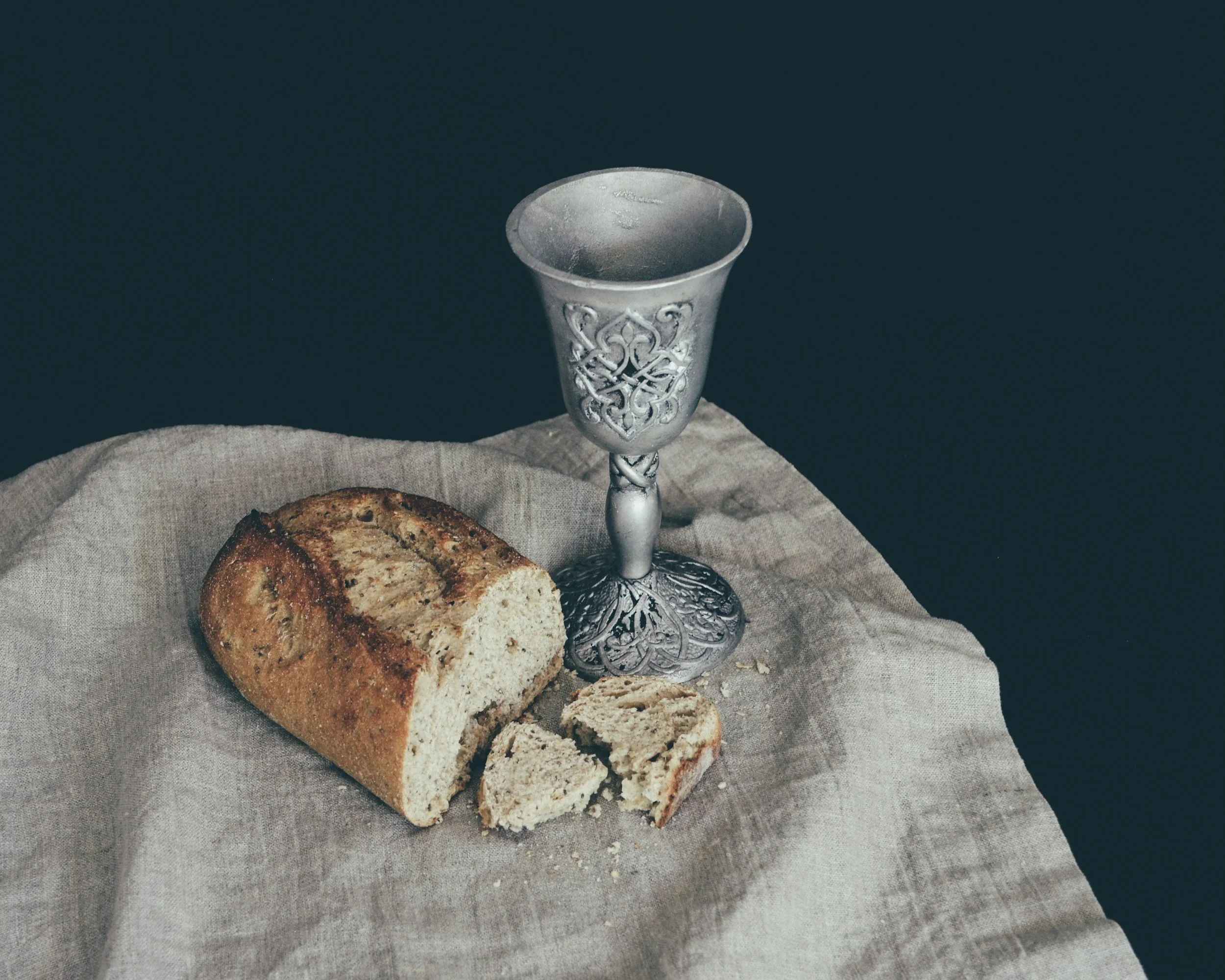
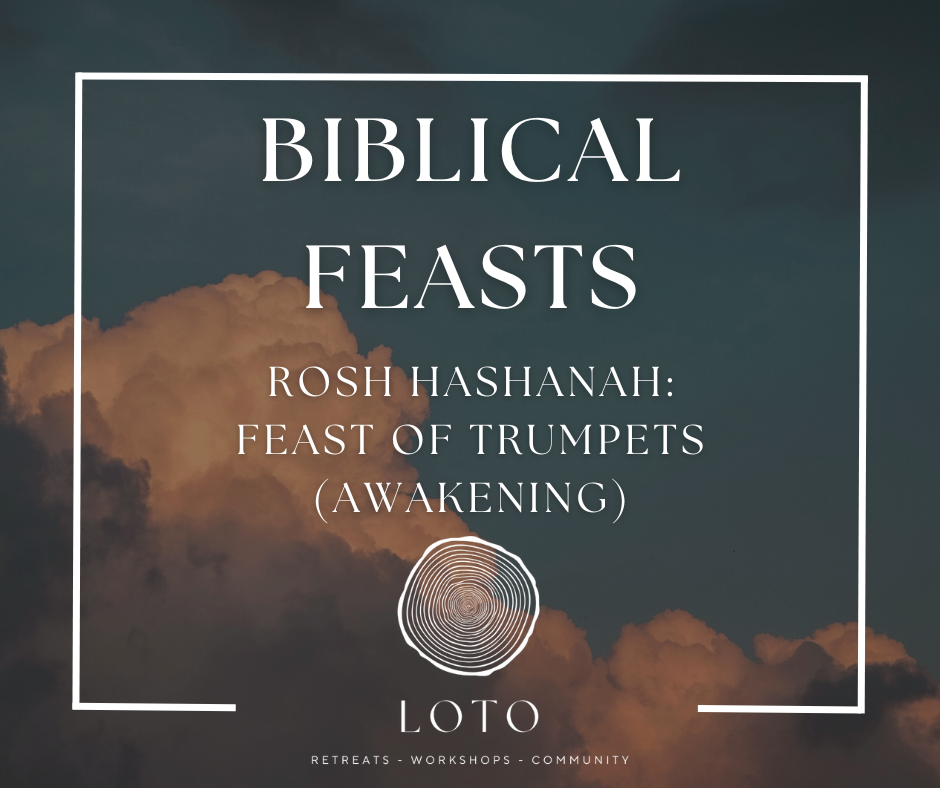


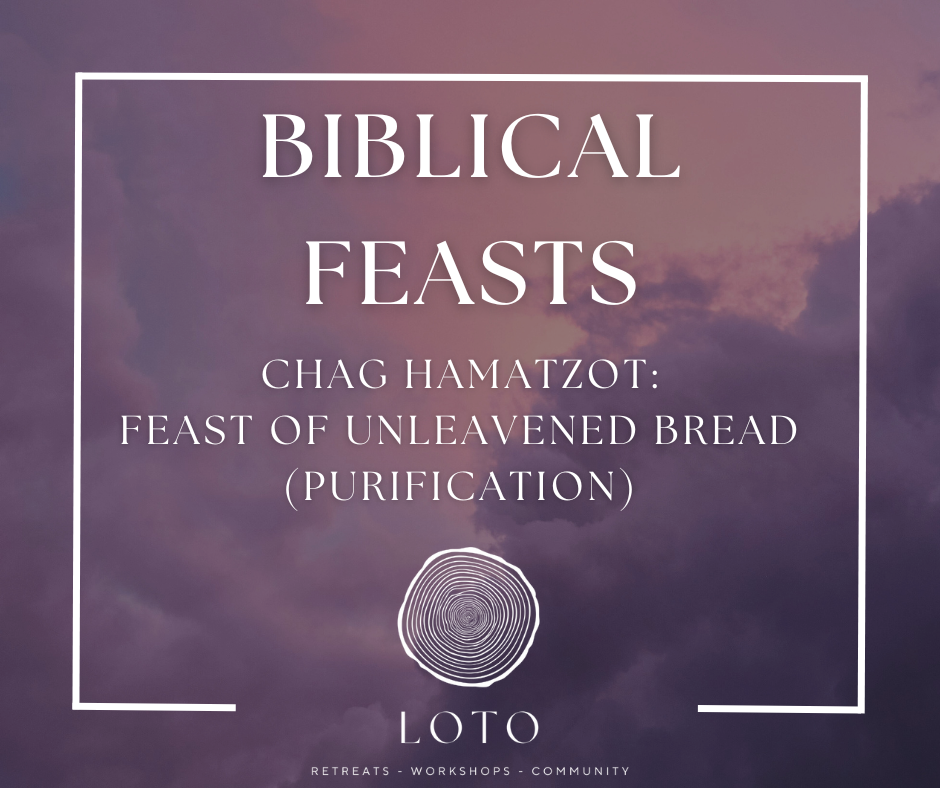
Yom Kippur is not merely about wiping away wrongs; it is about restoring union. The people are reconciled with God, with one another, and with themselves. Alienation is dissolved. Oneness is remembered.